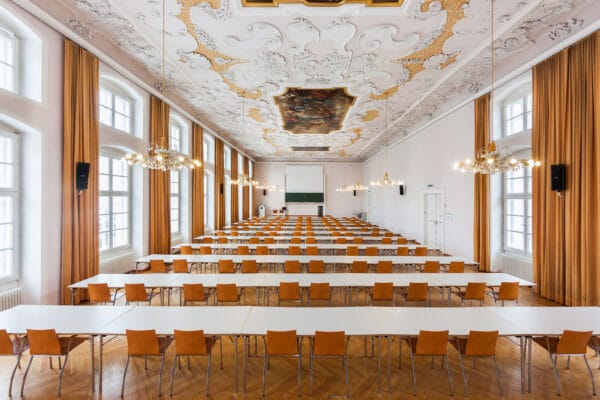
NAME:
Theologie - MS
BUILDING:
Theologie
FLOOR:
2
TYPE:
Lecture Room
CAPACITY:
108
ACCESS:
Only Participants
EQUIPMENT:
Beamer, PC, WLAN (Eduroam), Overhead, Flipchart, Blackboard, Handicapped Accessible, LAN, Microphones, Sound System
Against the backdrop of intensifying glacier retreat and expanding upslope economic development, we argue that post-glacial landscapes (PGL) are central social-natural spaces shaped by the global dynamics of the capitalist planetary metabolism. Globally intensifying capitalism drives global warming, melting glaciers, and generating PGL. But once they emerge, PGL’s dynamics result from interactions among continuing anthropogenic climate change, biogeophysical processes, and economic development, whereby PGL may become spaces for new capitalist accumulation, primary ecological succession, livestock herding, or farming. The trajectories of PGL depend on a series of feedbacks between mountains and non-mountain spaces: For example, (1) new hydrological sources in PGL may be used to meet the demands for water from the capitalist energy matrix, cities, or agrobusiness food system or (2) the detection of new/rare minerals in PGL may be harvested to feed the energy transition. These feedbacks illustrate how spatially remote PGL become part of the core of capitalist solutions to the current poly-crises resulting from anthropogenic climate change. With this manuscript, we propose a dialectic transdisciplinary framework for analyzing these complex interactions and elucidating how internal relations within PGL (hydro-ecological, socio-historical, and political economic) shape how PGL dynamically co-evolve and co-transform with non-mountain distal territories. Further, we identify arenas of transformation in non-PGL, which have created new spatial configurations, infrastructure, demographics, and institutions for involving PGL in the metabolism of capital.

We and use cookies and other tracking technologies to improve your experience on our website. We may store and/or access information on a device and process personal data, such as your IP address and browsing data, for personalised advertising and content, advertising and content measurement, audience research and services development. Additionally, we may utilize precise geolocation data and identification through device scanning.
Please note that your consent will be valid across all our subdomains. You can change or withdraw your consent at any time by clicking the “Consent Preferences” button at the bottom of your screen. We respect your choices and are committed to providing you with a transparent and secure browsing experience.